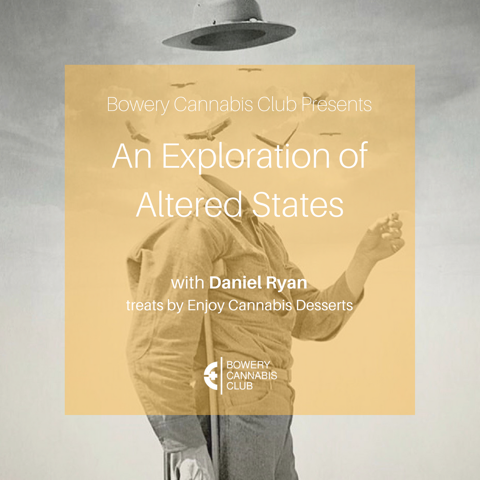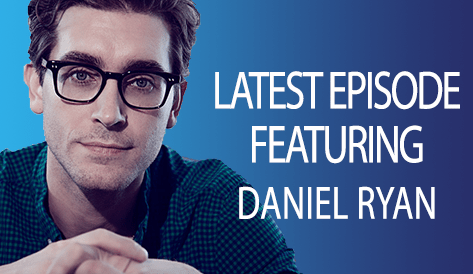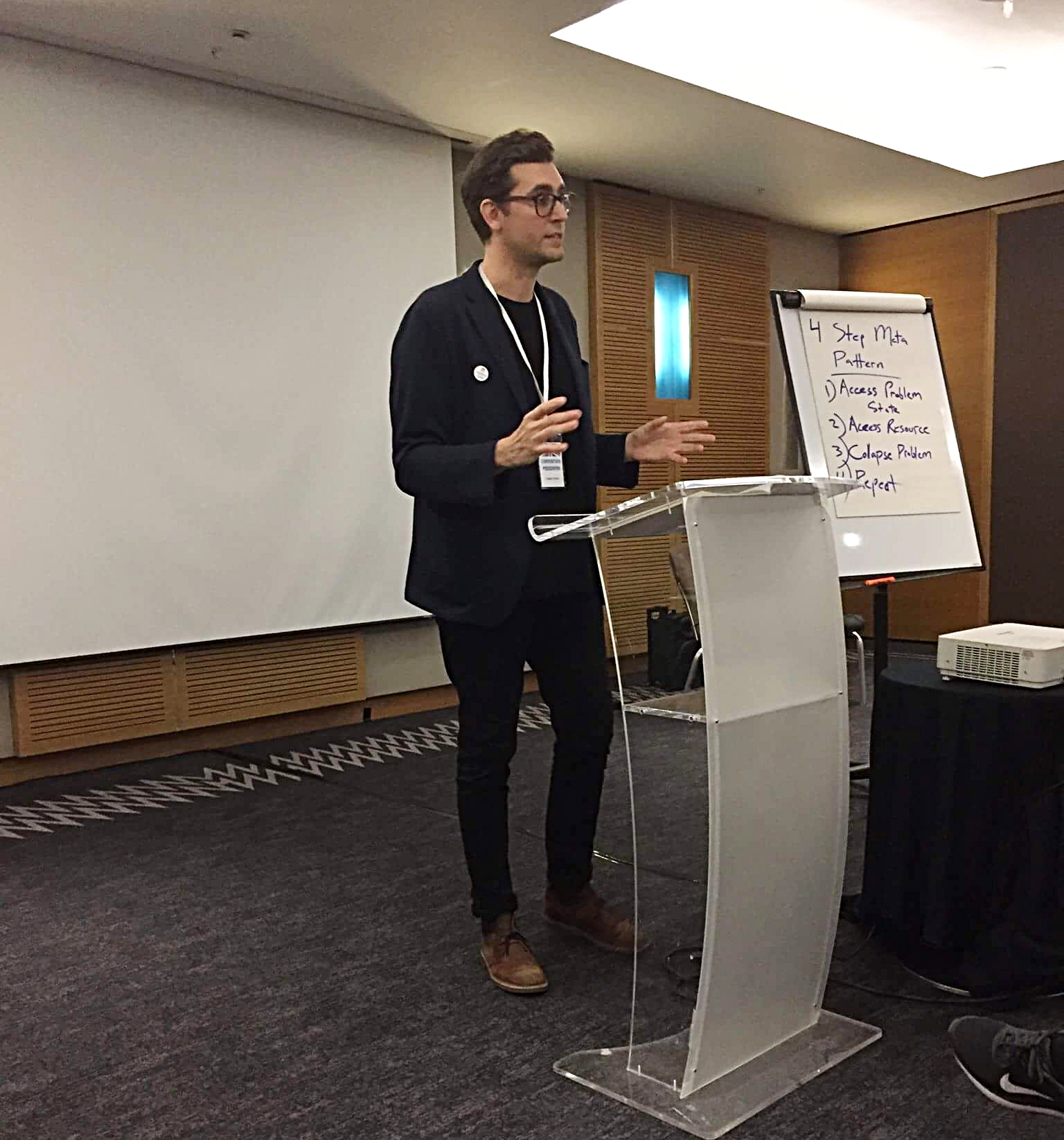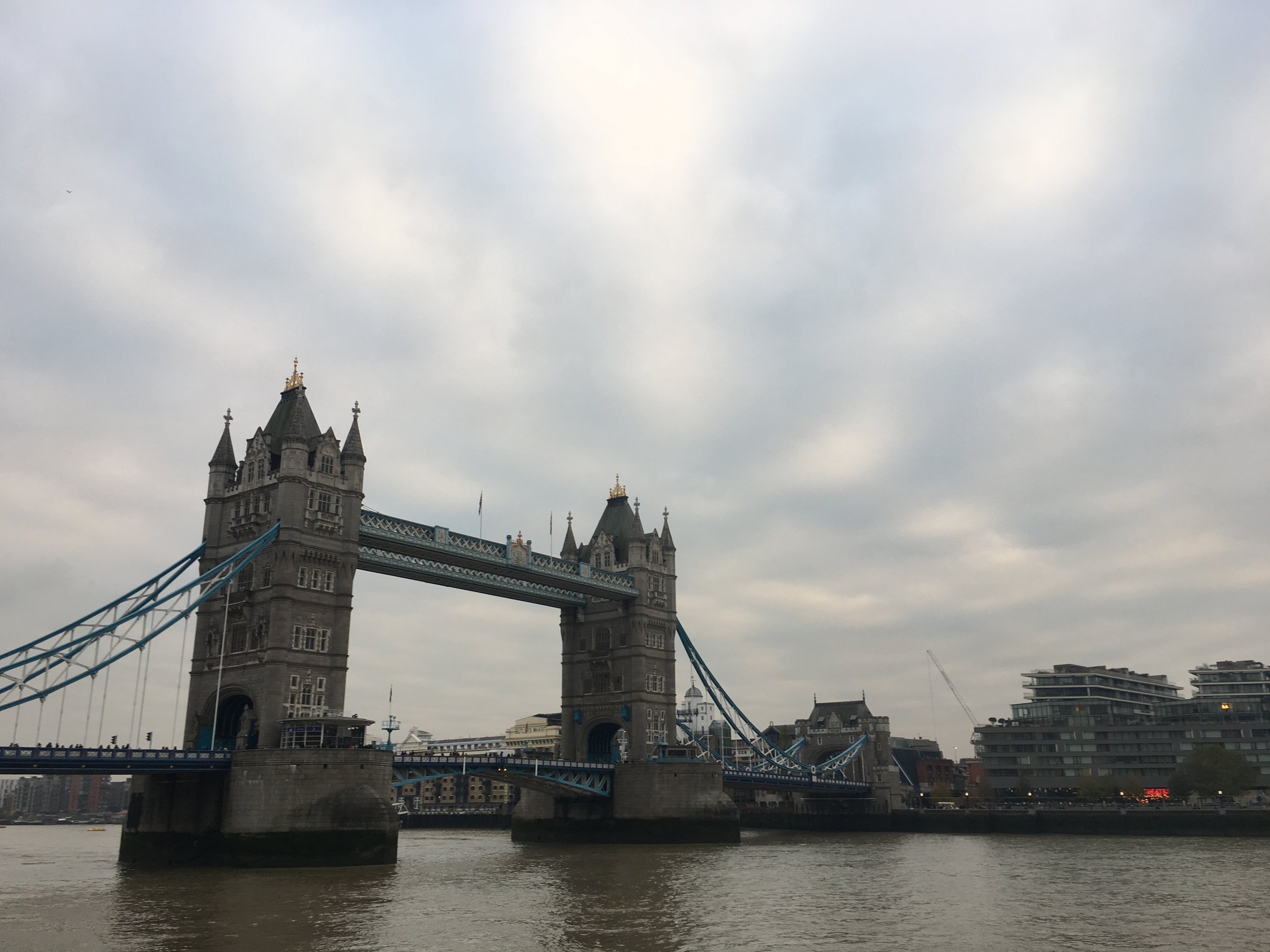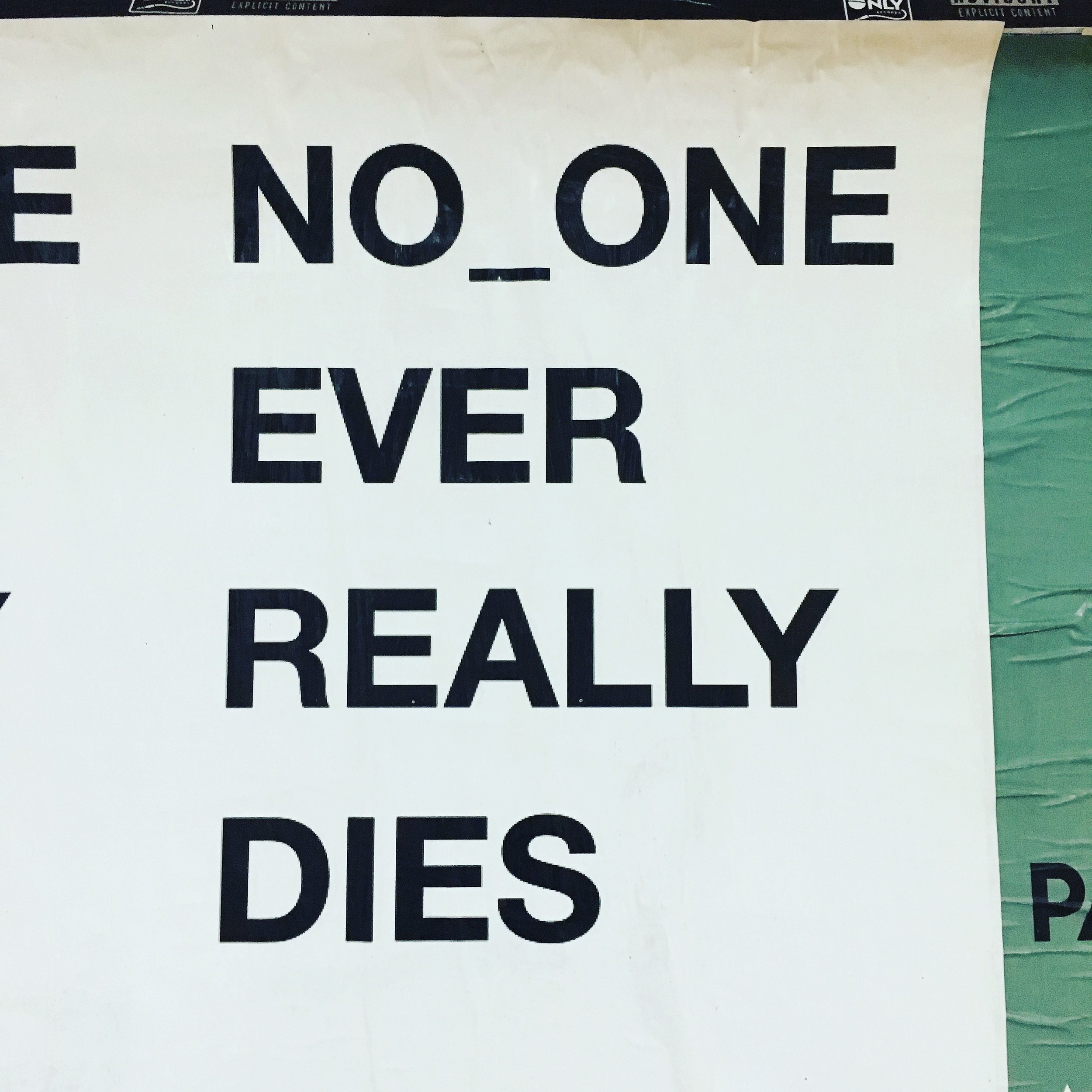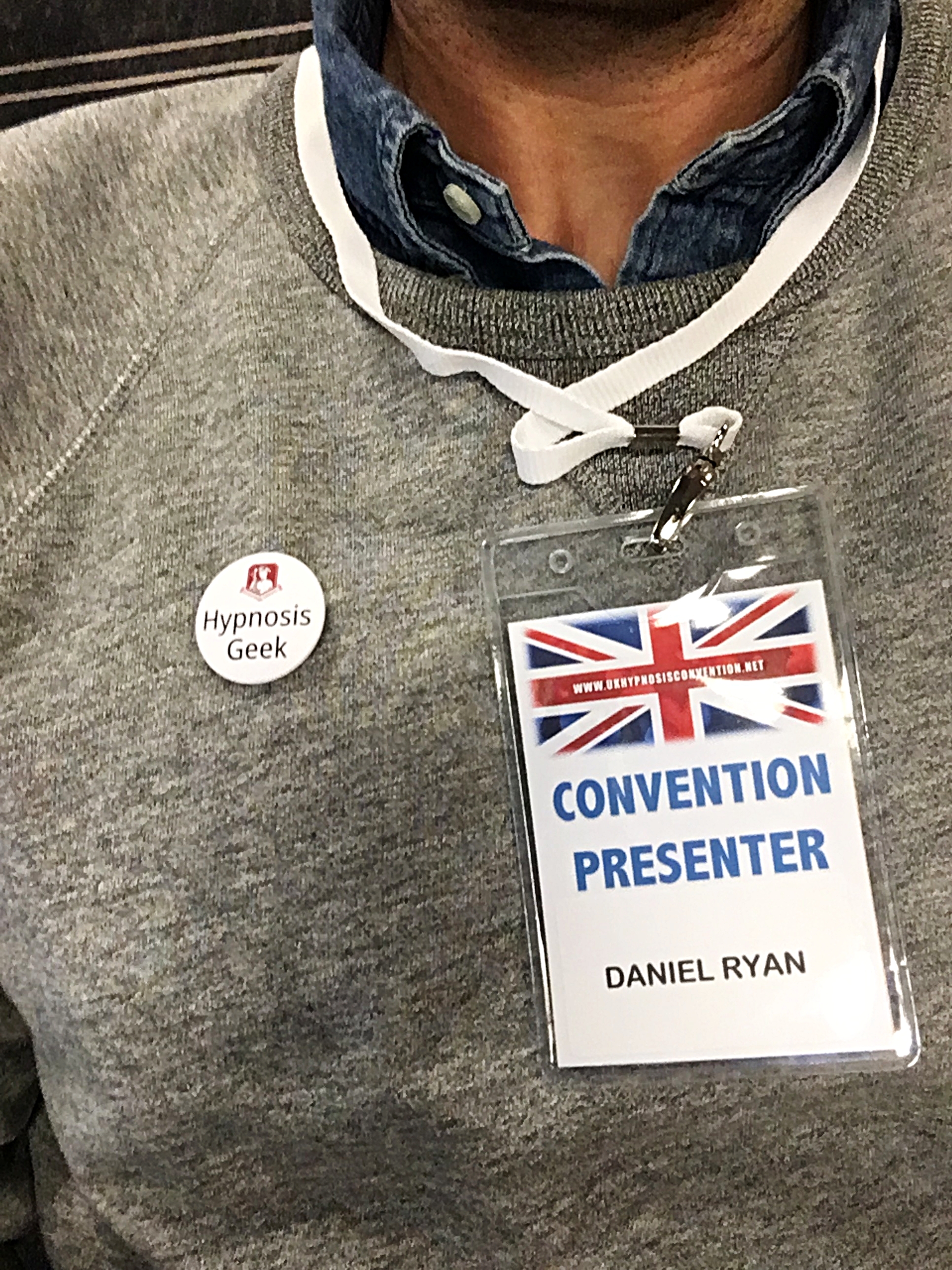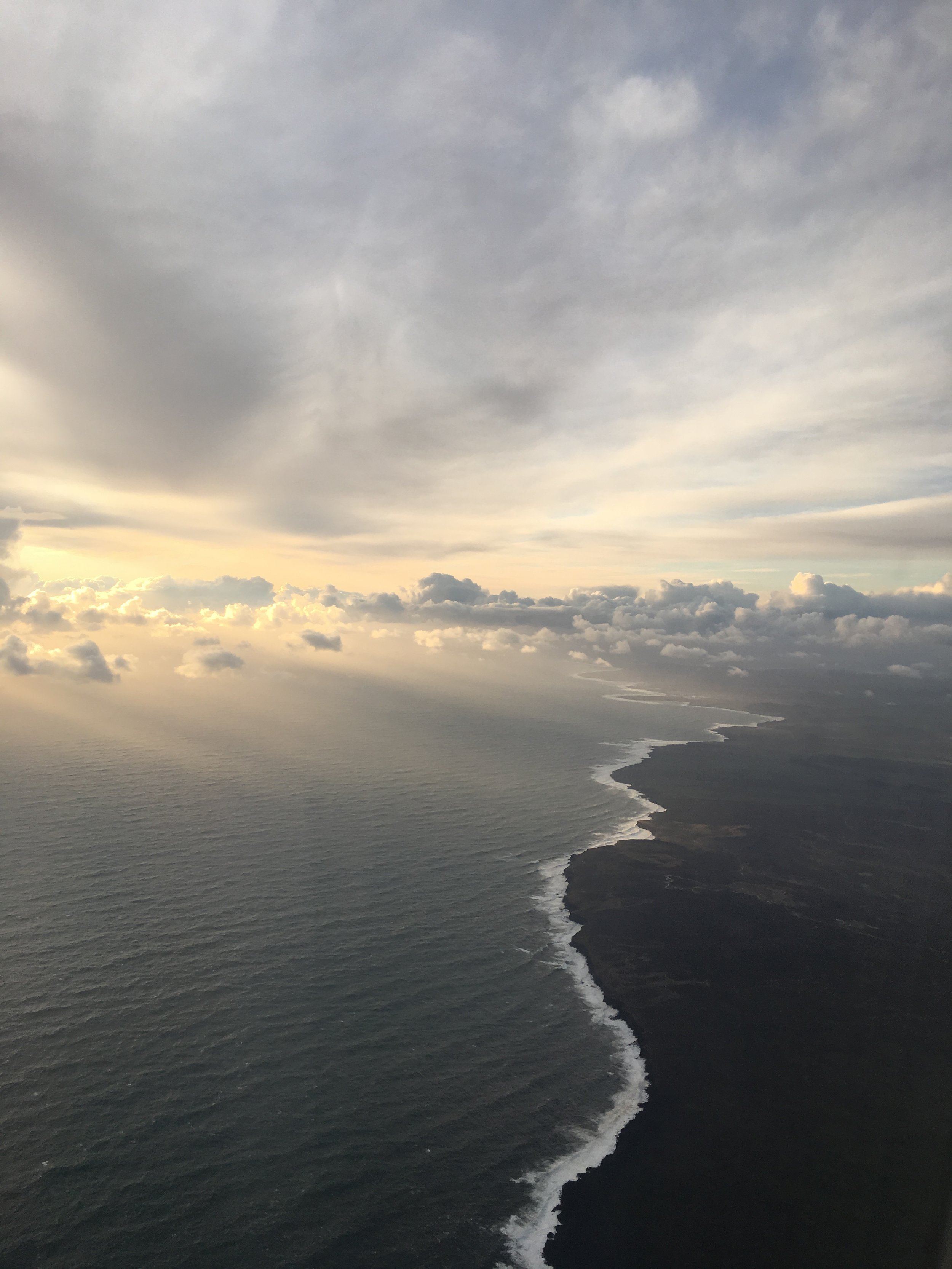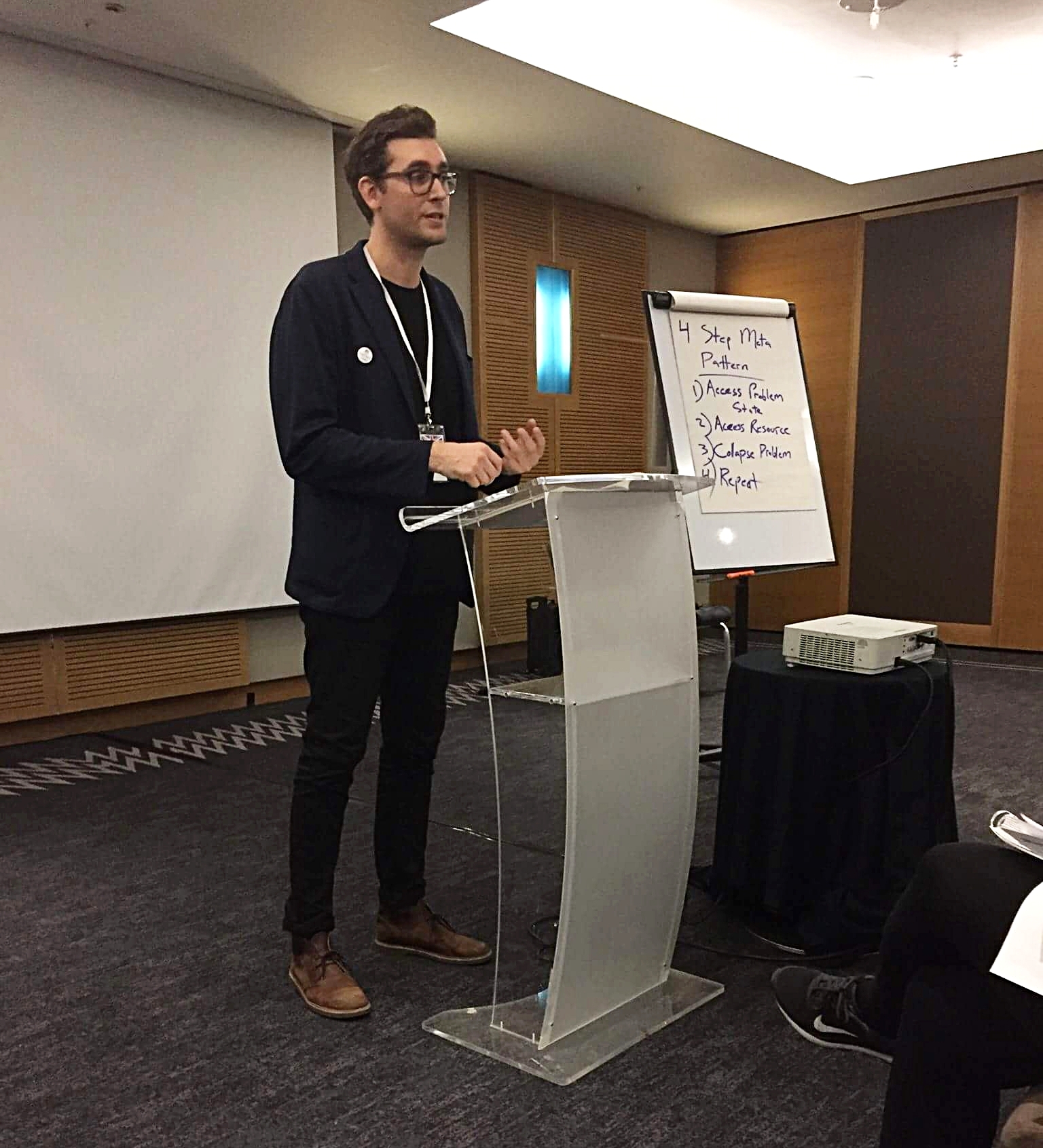One of my favorite projects from last year was working with Ben Thorp Brown on his video installation, Gropius Memory Palace. Ben is an artist working in media, photography, sculpture, and performance. His work often addresses how transformations in technology and capitalism affect embodied experience and memory. He first got in touch inquiring about hypnosis, the functionality of memory palaces, and guiding trances. He was interested in elegantly combining these experiences with a historical and educational tour of the Fagus Factory in Alfeld, Germany, which was designed by the founder of the Bauhaus movement, Walter Gropius. It was my pleasure to collaborate with Ben and contribute original music, co-write the script, and perform the voiceover for the piece. It's currently making its way around the U.S. and Europe, and will be in the NYC area soon.
Ben speaking at The Whitney in 2014.
Ben Thorp Brown has an eye for the ephemera of capitalism—the cultural byproducts of industrial production and corporate accumulation. His video Open Outcry (2013) focuses on the obsolete hand gestures that were used on commodity trading floors in the predigital era, while his installation Toymakers (2014) explores the production of Lucite “deal toys,” the trophylike objects given to commemorate major corporate transactions. His new video, Gropius Memory Palace (2017), which premiered as part of the Saint Louis Art Museum’s New Media Series, features shoe lasts—unexpectedly beautiful forms that approximate the human foot and are used in producing and repairing shoes. Specifically, they are lasts from Germany’s Fagus Factory, which has produced these objects continuously since 1911. Fagus deploys both cutting-edge automation and handcraft techniques to create its signature product.
The Fagus facility carries historical weight not only because it brings together a century’s worth of manufacturing techniques, but also because it was designed by Bauhuas architect Walter Gropius. Brown shoots Gropius’s distinctive yellow-brick buildings with a seductive, sleek style of cinematography. Midway through the work, several beautifully composed shots present glass curtain walls reflecting a cloud-speckled sky. Even more striking is a rotating, low-angle pan taken from the interior of one building. The structure’s glass-and-steel frame appears to twist on-screen, producing a disorienting play of light and form. In this moment, the viewer can lose awareness of the larger edifice, instead focusing on the geometric patterns of its elements. It seems appropriate, then, when a calm male voice intones: “It’s best to continue to let your attention rest with your senses, letting the eyes stare softly into the image.”
The voice belongs to a hypnotherapist, Daniel Ryan, who guides viewers throughout the video. At the beginning of the work—before the Fagus buildings or the lasts inside are introduced, when the screen displays only the faintest glow—the focal point is his voice. He leads a relaxation exercise replete with instructions to take deep breaths, relax muscles, and expand awareness. As a montage of archival photographs of the factory plays, he moves into a brief treatise on memory, accompanied by a soundtrack of New Age pulses and hums. He explains the process of “memory reconsolidation,” by which the mind routinely alters memories and restabilizes them to create new mental images, despite our sense of memories as authentic and immutable. He also discusses ways of sharpening memory by using “architectural mnemonics,” or creating imaginary “memory palaces” modeled on real, meaningful places. From there, he begins to deliver a 101 on the factory—its location, designer, function, and notable architectural features—as Brown’s footage of the facade fills the screen.
Just as the glass and steel begin to rotate in the aforementioned shot, however, Ryan’s narration returns to the mode of guided meditation that opens the film. “During this exercise,” he says, “the intention is to let your own memory naturally provide places and experiences that will be the framework of your memory palace.” This directive hangs in the air as the camera moves through the Fagus facility—first the handcraft workshops and then the automated production facilities, the administrative offices, and the cafeteria. Ryan asks the viewer to create a memory palace from whole cloth, but the details of the Fagus spaces invade the mnemonic architecture as it is constructed.
In the video’s penultimate section, the cinematographic tour reaches a showroom and museum, revealing that the production facility is also a UNESCO World Heritage site and tourist destination. The in-house exhibitions at Fagus appear to center on the facility’s architecture, twentieth-century shoe production, and canonical design history. Fagus is, among other things, a place of history—a site of institutional authority where narratives of production, nationalism, and modernity are disseminated. Brown is interested in the ways this history is variously embodied and represented in the spaces he documents, but is even more intrigued by its mutability. Early in the video, Ryan states that “new learning can be integrated and old learning can be reframed” during memory reconsolidation. Navigating the landmark industrial palace not as a repository for a fixed historical narrative but as something slightly more open—an organ of collective memory—Brown insists that the meaning of the place can be changed and restabilized to create new forms, at least for those prepared to see the exercise through.







